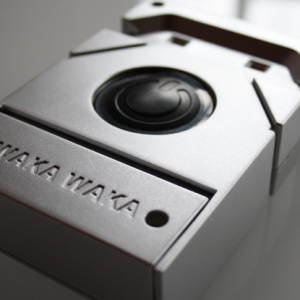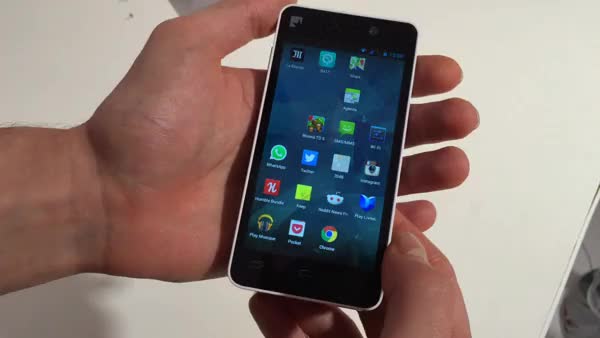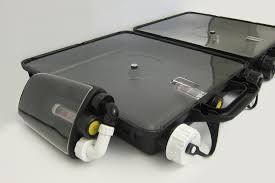
Since 2012, a Dutch social enterprise has been manufacturing small LED lamps that also recharge mobile phones to bring energy to those who do not have it.
Families arrive with nothing, crammed into makeshift camps, surviving without running water and electricity: since the beginning of the war in Syria, it’s the daily life of thousands of people.
Elsewhere, in other areas of conflict, after natural disasters, or in areas too remote to be connected to the network, a billion people live in darkness after nightfall. Because of this, they use dangerous and unhealthy sources of light like candles or kerosene lamps, which can cause severe burns, emit poisonous fumes every day, and increase the risk of lung cancer in the long term. The darkness also isolates them: 550 million mobile phone users worldwide do not have access to a reliable source of energy, and to recharge their phones, they often have to travel long distances and pay 20 to 25 cents for each recharge – this is 100 times more than the cost of a recharge in the United States. In total, households spend up to 20% of their income on light and electricity for their telephones.
The young social enterprise WakaWaka has therefore decided to tackle these two problems head on, by developing a small LED light that uses solar energy and also allows you to recharge your mobile phone.
Access to energy is a basic human right and is essential to life. Access to energy also means access to education, communication and resource opportunities.
Access to energy, a human right
For the social enterprise founded in the Netherlands in 2012 by Maurits Groen and Camille van Gestel, “Access to energy is a basic human right and is essential to life. Access to energy also means access to education, communication and resource opportunities.” To offer it to the widest possible audience, WakaWaka is, therefore, looking to utilize the most abundant, durable and available source of energy: the sun. Their small lamps are equipped with solar panels that convert daylight into electricity, fed to the LEDs in the form of an electric current. To make lamps accessible to those who need them most, WakaWaka relies on collaboration with a network of NGOs. And to solicit donations, they conduct outreach operations. Last year, they launched the campaign “Solar for Syria”: for every lamp purchased, a lamp was given to refugees in a camp. The operation has already made it possible to put 56,550 WakaWakas into circulation in camps in Syria, Lebanon, Jordan, and Iraq. The next goal is to reach another 10,000.
And it’s not just Syria. To date, the WakaWaka Impact Map shows that there are more than 290,000 lamps in use worldwide, with an impact on more than 1,260,000 people in 61 different countries. In addition to providing access to light and energy, WakaWaka would save these users over $67 million in energy costs annually and prevent the emission of 20,333 tons of CO2. Of course, these lamps do not represent a fully sustainable solution and are not enough to get the billion people out of the fuel precariousness they experience every day. But it is proof that a simple solution, adapted to the needs observed on the ground and made accessible to those who can use it the most, can make a real difference here and now.
Best practice to discover during the 11th edition of the World Forum for a Responsible Economy
More than a 100 experts from around the world will take part in the WFRE from 17 to 19 October to discuss the technological, societal and economic upheavals of our time and present their reflections and good practices.



